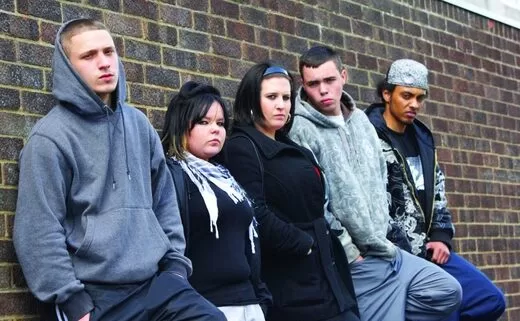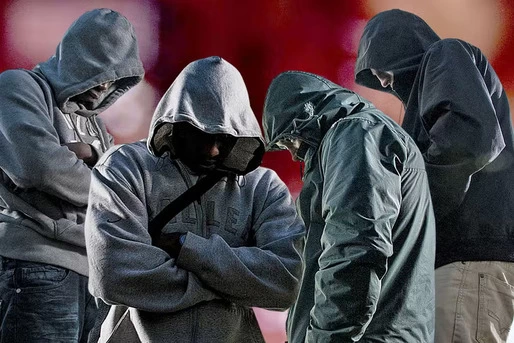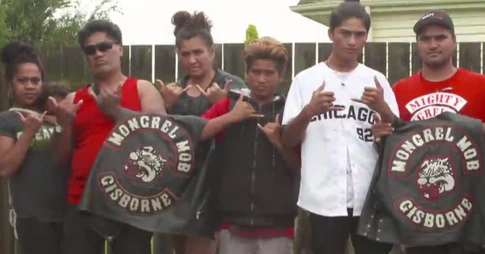The vast majority of young people are not involved in gangs and want nothing to do with them. However, the behaviour of the small number of young people who are involved has a significant impact on communities, on their families and associates, as well as themselves.

Why do young people join gangs?
Young people join gangs for reasons which make sense to them, if not to adults. Some reasons are:
Respect and status
To gain friends
A sense of belonging
Excitement
To find a substitute family
Power
Protection
Money
Peer pressure

Gangs often leave signs of their presence and your child might adopt some of these signs; either as a member or as an associate of a gang. Any sudden changes in your child’s lifestyle should be discussed.
Signs may include:
Specific dress style
Poor behaviour
Talking differently – new slang or language with an aggressive tone
Poor school results or skipping school
Carrying weapons
Unexplained injuries or sums of money/possessions
Staying out unusually late
Graffiti style tags on possessions
Interest in music which glorifies weapons/gang culture
Gangs will often have profiles on social or networking websites like Facebook or Twitter

What can you do?
There are things you can do to help stop your child from being involved in gangs.
*Talk to your child and listen
*Encourage them to get involved in positive activities and to think about their future employment
*Get involved in your child’s school activities
*Know your child’s friends and their families
*Always know where your child is and who they are with
*Help them to cope with pressure and how to deal with conflict without use of violence
*Speak to them about the serious consequences that occur from violent or illegal behaviour.
*Help them to understand the dangers of being in a gang and find constructive alternative ways to use their time
*Keep lines of communication open
*Be aware of what your child is doing on the internet
*Look for ways of disciplining children that do not involve harshness, anger or violence
*Work with other parents and schools to watch their behaviour
*Contact local voluntary organisations that provide mentoring and other support for young people
*Talk about your child’s behaviour with their school and other parents
